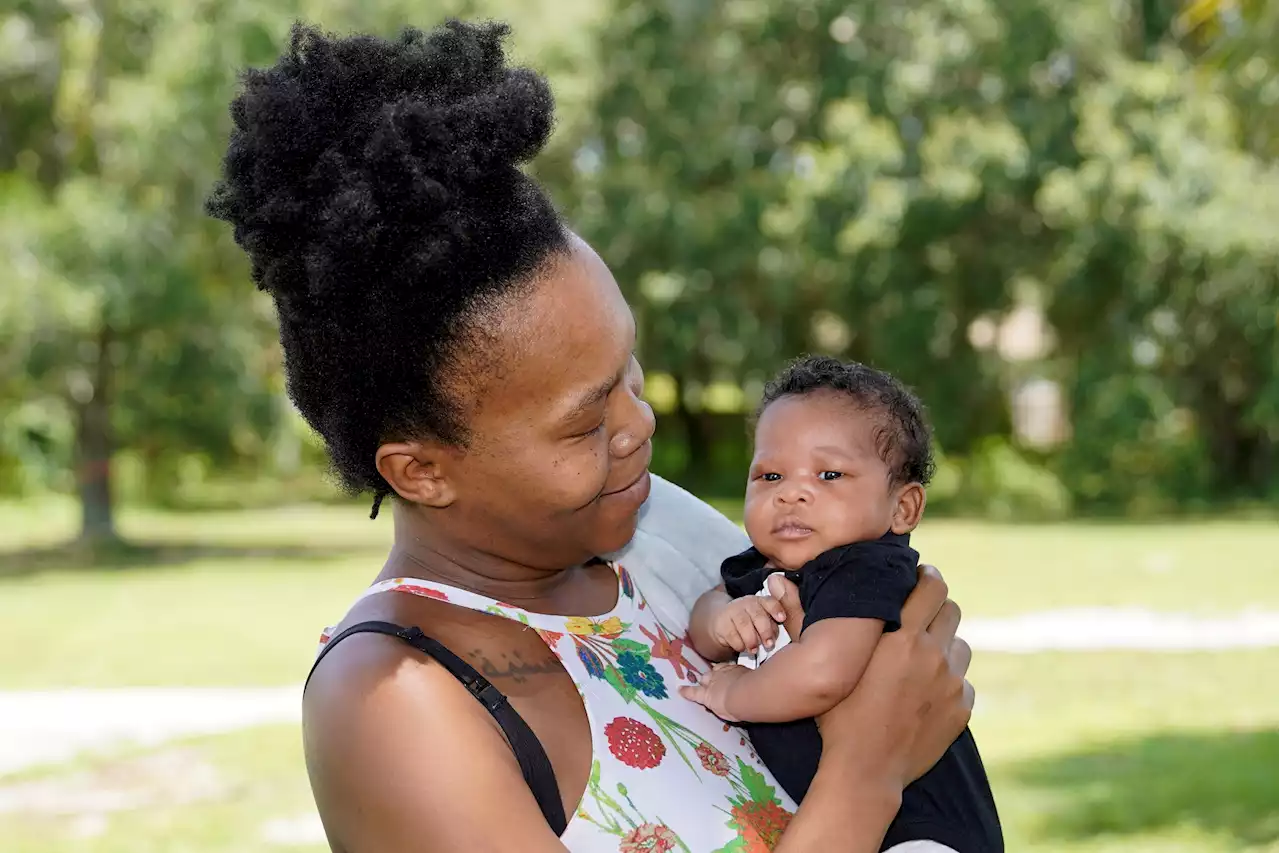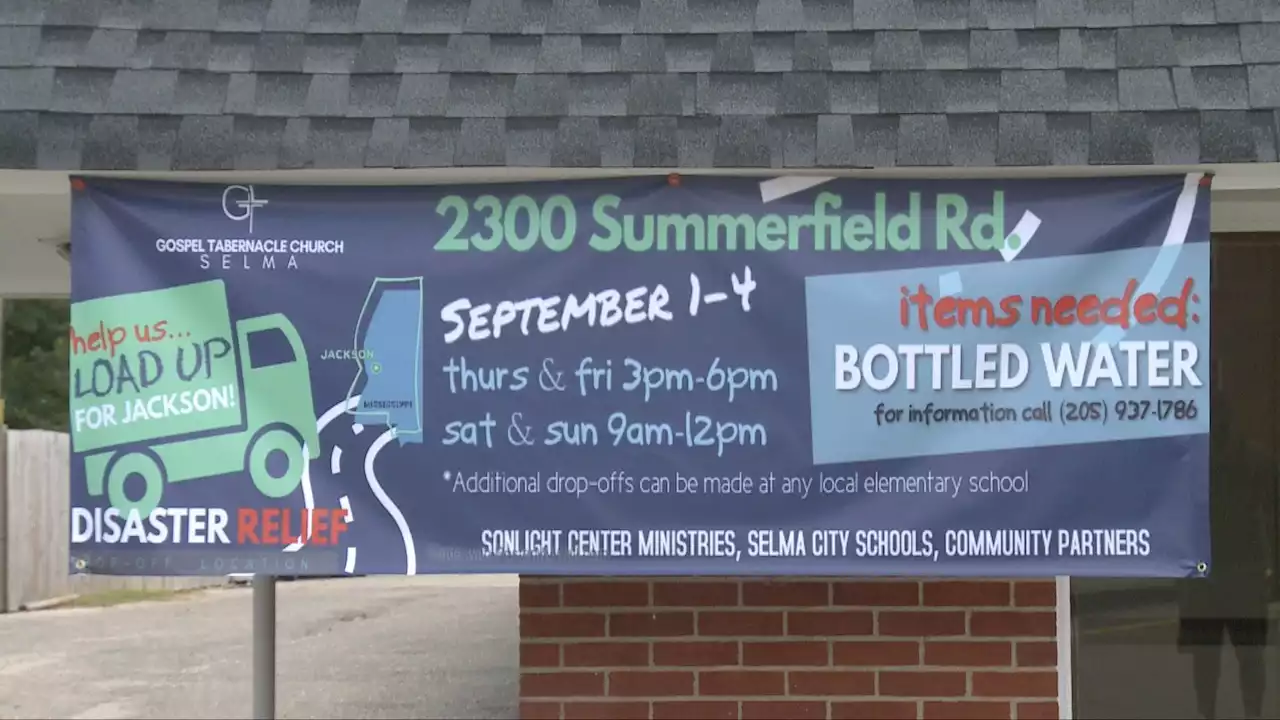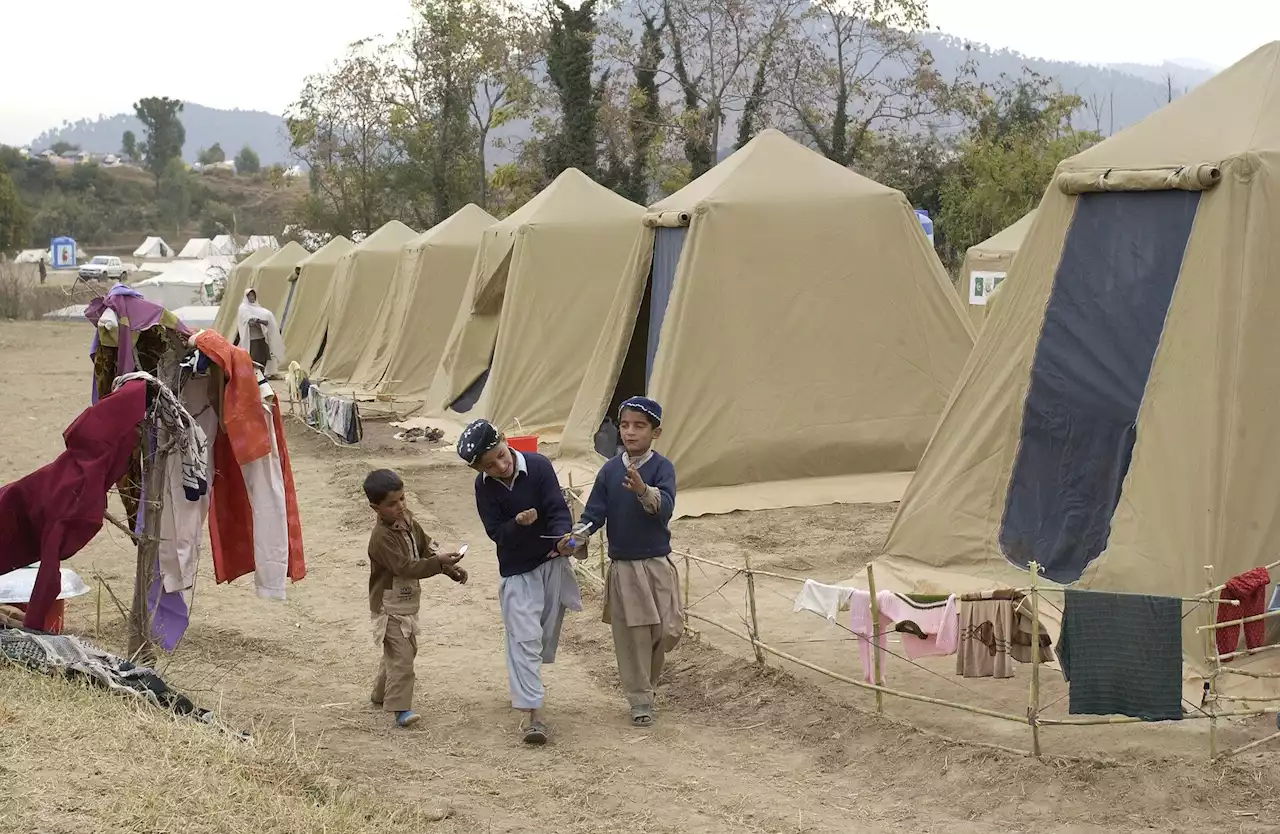Waterborne illness is one of the leading causes of infectious disease outbreaks in refugee and internally displaced persons (IDP) settlements, but a team led by York University has developed a new technique to keep drinking water safe using machine learning, and it could be a game changer. The research is published in the journal PLOS Water.
Waterborne illness is one of the leading causes of infectious disease outbreaks in refugee and internally displaced persons settlements, but a team led by York University has developed a new technique to keep drinking water safe using machine learning, and it could be a game changer. The research is published in the journalAs drinking water is not piped into homes in most settlements, residents instead collect it from public tap stands using storage containers.
Using machine learning, the research team—including Associate Professor Usman Khan, also of Lassonde—has developed a new way to predict the probability that enough chlorine will remain until the last glass is consumed. They used an artificial neural network along with ensemble forecasting systems , something that is not typically done. EFS is a probabilistic model commonly used to predict the probability of precipitation in weather forecasts.
Factors such as local temperature, how the water is stored and handled from home to home, the type and quality of the water pipes,and whether a child dipped their hand in the water container can all play a role in how safe the water is to drink. The researchers used routine water quality monitoring data from two refugee settlements in Bangladesh and Tanzania collected through the Safe Water Optimization Tool Project. In Bangladesh, the data was collected from 2,130 samples by Médecins Sans Frontières from Camp 1 of the Kutupalong-Balukhali Extension Site, Cox's Bazaar between June and December 2019 when it hosted 83,000 Rohingya refugees from neighboring Myanmar.
Österreich Neuesten Nachrichten, Österreich Schlagzeilen
Similar News:Sie können auch ähnliche Nachrichten wie diese lesen, die wir aus anderen Nachrichtenquellen gesammelt haben.
 How machine learning can help identify new, deeply buried porphyry copper depositsTwo novel machine learning techniques are able to identify new, deeply buried porphyry copper deposits by characterizing magma fertility.
How machine learning can help identify new, deeply buried porphyry copper depositsTwo novel machine learning techniques are able to identify new, deeply buried porphyry copper deposits by characterizing magma fertility.
Weiterlesen »
 Medicaid Extensions for New Moms Grow, May Run Into LimitsStates around the country are making it easier for new moms to keep Medicaid in the year after childbirth, a time when depression and other health problems can develop.
Medicaid Extensions for New Moms Grow, May Run Into LimitsStates around the country are making it easier for new moms to keep Medicaid in the year after childbirth, a time when depression and other health problems can develop.
Weiterlesen »
 Fact check: Saturn V was as loud as 10,000 jet engines, but it didn't melt concreteA group of researchers used acoustical models and historical data to disprove misinformation about Saturn V.
Fact check: Saturn V was as loud as 10,000 jet engines, but it didn't melt concreteA group of researchers used acoustical models and historical data to disprove misinformation about Saturn V.
Weiterlesen »
 Selma Churches Respond to Water Crisis in Jackson, Mississippi - Alabama NewsTODAY: Bottled water that has been collected for the past several days in Selma is now heading to Jackson, Mississippi, where people are faced with a water crisis. alnews selma alabamanewsnetwork
Selma Churches Respond to Water Crisis in Jackson, Mississippi - Alabama NewsTODAY: Bottled water that has been collected for the past several days in Selma is now heading to Jackson, Mississippi, where people are faced with a water crisis. alnews selma alabamanewsnetwork
Weiterlesen »
